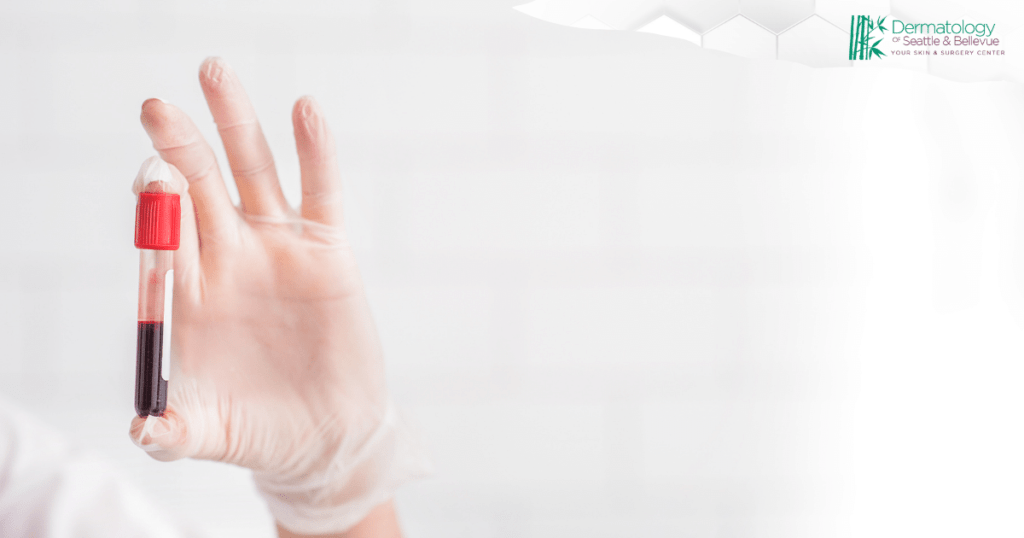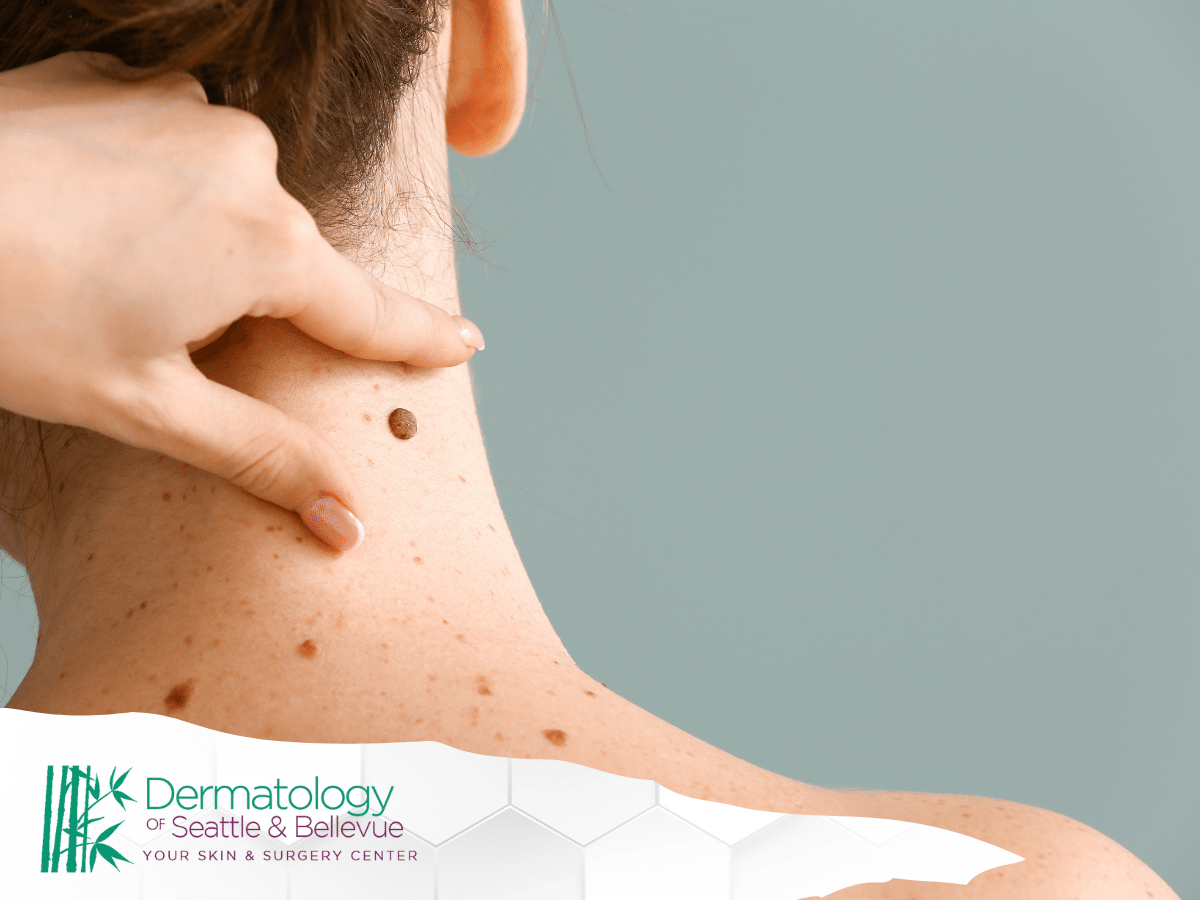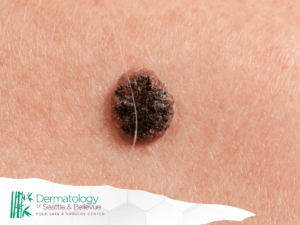While blood tests have transformed diagnostics, their role in detecting skin cancer remains limited. Despite promising research on biomarkers like circulating tumor DNA, traditional methods like skin biopsy remain the gold standard.
Understanding Skin Cancer Detection Methods
Detecting skin cancer early is crucial for successful treatment. Here are some common methods used for skin cancer detection:
- Self-Examination: Regularly examining your skin for any changes, such as new moles, changes in color or size, or unusual bumps, can help detect skin cancer early. Use the ABCDE rule to assess moles: asymmetry, border irregularity, color variation, diameter larger than a pencil eraser, and evolution or changes over time.
- Dermatologist Examination: Visiting a dermatologist for a thorough skin examination is recommended, especially if you have a history of sun exposure, fair skin, or a family history of skin cancer. Dermatologists use specialized tools and techniques to assess suspicious spots and perform biopsies if necessary.
- Skin Biopsy: A skin biopsy involves removing a small sample of skin tissue for examination under a microscope. Depending on the suspected type of skin cancer and its location, different types of skin biopsies are performed, including shave biopsy, punch biopsy, and excisional biopsy.
- Blood Tests: While blood tests are not typically used to diagnose skin cancer, researchers are exploring the potential of blood-based biomarkers, such as circulating tumor DNA, for early detection. However, these tests are still in the experimental stage and not widely available for clinical use.
- Imaging Tests: In some cases, imaging tests like ultrasound, MRI, or CT scans may be used to evaluate the extent of skin cancer or to assess lymph nodes for signs of metastasis (spread). These tests are more commonly used for advanced or aggressive skin cancers.
- Lymph Node Examination: Checking lymph nodes for swelling or enlargement may indicate that cancer has spread beyond the skin. Your dermatologist may physically examine lymph nodes near the affected area or order imaging tests for further evaluation.
Remember, early detection is key to successful treatment and better outcomes for skin cancer. If you notice any suspicious changes on your skin or have concerns about skin cancer risk factors, consult a dermatologist for evaluation and personalized recommendations.
Regular skin examinations and sun protection measures are essential for maintaining skin health and preventing skin cancer.
The Role of Blood Tests in Skin Cancer Diagnosis

While blood tests are not typically used as the primary method for diagnosing skin cancer, they can play a role in certain situations. Here’s what you need to know about the role of blood tests in skin cancer diagnosis:
Blood-Based Biomarkers:
Researchers are exploring the potential of blood-based biomarkers, such as circulating tumor DNA (ctDNA), in early skin cancer detection. These biomarkers are fragments of DNA shed by cancer cells into the bloodstream and can be detected through blood tests.
While promising, blood-based biomarkers for skin cancer are still in the experimental stage and not yet widely used in clinical practice.
Monitoring Disease Progression:
In cases where skin cancer has metastasized (spread) to other parts of the body, blood tests may be used to monitor disease progression and response to treatment. Blood tests can measure certain markers, such as LDH (lactate dehydrogenase) levels, which may indicate the presence of cancer and its activity.
Assessing Treatment Response:
Blood tests can also help assess how well a patient is responding to treatment for advanced or metastatic skin cancer. Changes in specific biomarkers or tumor markers in the blood may indicate whether the treatment is effective in controlling the cancer or if adjustments are needed.
Comprehensive Evaluation:
Blood tests are often part of a comprehensive diagnostic workup for skin cancer patients, along with other tests such as imaging studies and tissue biopsies. These tests help healthcare providers gather information about the extent of the disease and tailor treatment plans accordingly.
Limitations and Considerations:
It’s important to note that blood tests alone cannot definitively diagnose skin cancer. Tissue biopsy remains the gold standard for diagnosing skin cancer by examining samples of suspicious skin tissue under a microscope. Blood tests are used as adjunctive tools to provide additional information and complement other diagnostic methods.
In summary, while blood tests are not the primary method for diagnosing skin cancer, they can provide valuable information in certain situations, such as monitoring disease progression and treatment response.
Final Thoughts
This blog post serves general informational purposes; for personalized medical advice and accurate diagnosis, please consult our healthcare professionals.






